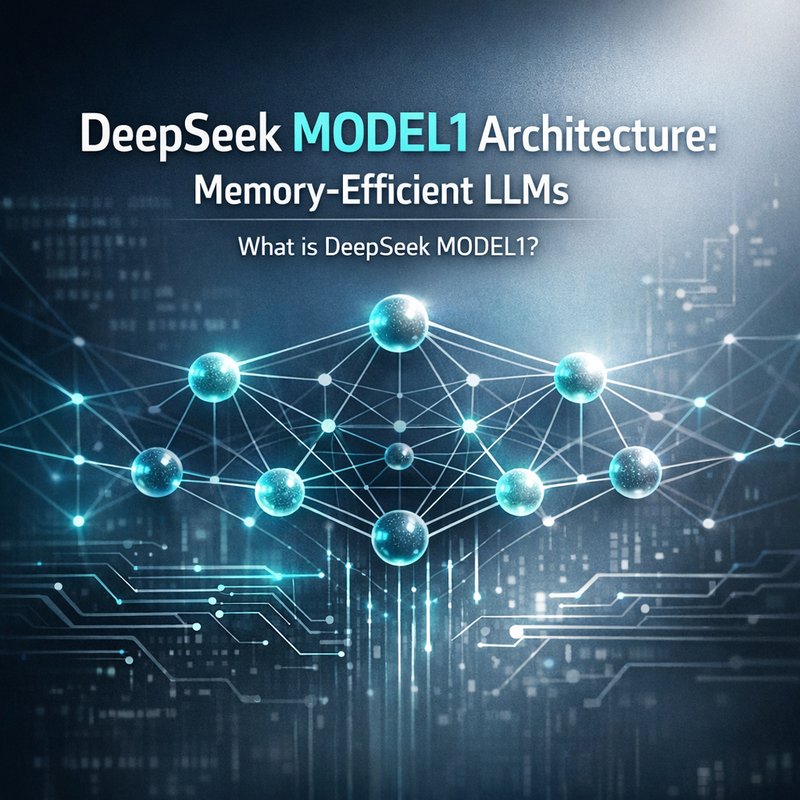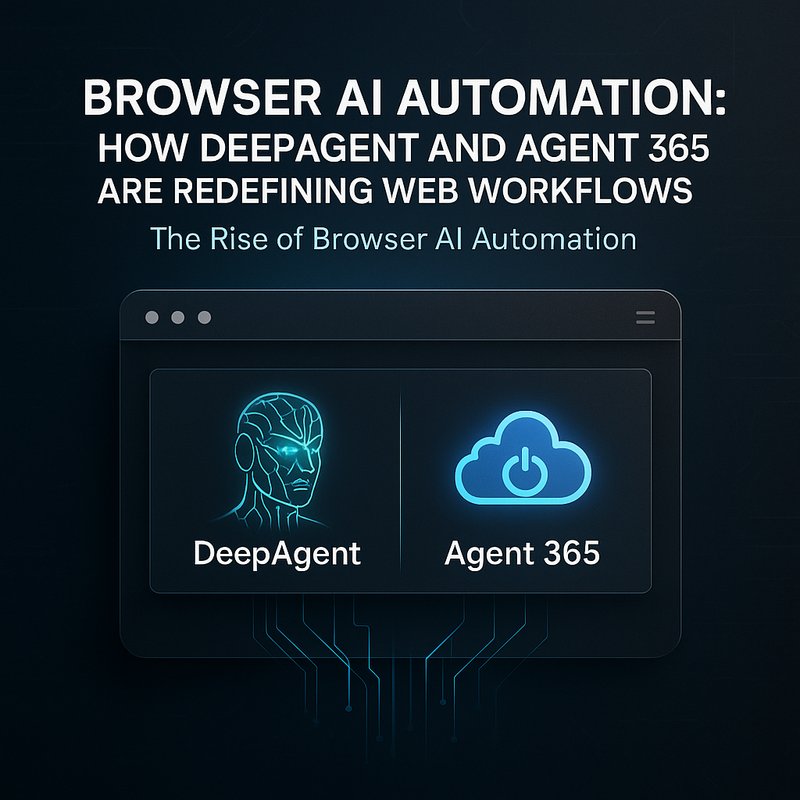MIT’s AI Breakthroughs: Transforming Industries with Reliability and Ethics
In a world where artificial intelligence is reshaping every industry, MIT stands at the forefront, pioneering advancements that are not just innovative but reliably ethical. As a leader in AI research, MIT is committed to solving real-world problems through technology, ensuring that AI solutions are both transformative and responsible.
The Challenges of AI: Navigating the Uncharted Territory
AI faces significant challenges, including a lack of trust, ethical concerns, and the need for reliability. If these challenges aren’t addressed, the risks include biased outcomes, lack of accountability, and potential misuse of AI systems. MIT’s research is squarely focused on overcoming these hurdles, ensuring that AI technologies are developed with ethics and reliability at their core.
Healthcare’s AI Revolution: Precision and Care
MIT’s AI innovations in healthcare are revolutionizing the industry. From predictive analytics to personalized treatment plans, these advancements are saving lives and improving patient outcomes. For instance, researchers have developed frameworks to enhance the reliability of radiology reports, enabling clinicians to choose phrases that better reflect diagnostic certainty.
Key Innovations:
- Predictive Analytics: AI systems analyze vast amounts of health data to predict patient outcomes and recommend treatments.
- Personalized Medicine: AI tailors treatment plans to individual patients, improving efficacy and reducing side effects.
- Radiology Report Reliability: AI frameworks help clinicians communicate diagnoses more accurately, ensuring better patient care.
These advancements highlight MIT’s commitment to using AI to improve healthcare while maintaining the highest ethical standards.

Finance and AI: Smart, Secure, and Fair
AI is transforming the finance industry by enhancing security, transparency, and fairness. MIT’s contributions include fraud detection systems and ethical algorithms that ensure fair lending practices.
Key Innovations:
- Fraud Detection: AI systems analyze transaction patterns to detect and prevent fraudulent activities in real time.
- Ethical Algorithms: MIT’s frameworks ensure that AI-driven decision-making in finance is free from bias, promoting fairness in lending and other financial services.
These innovations are making financial systems more secure, transparent, and equitable.
Autonomous Vehicles: Safe and Ethical Navigation
MIT’s work on AI systems for self-driving cars is focused on ethical decision-making. By developing systems that prioritize safety and ethical considerations, MIT is paving the way for a future where autonomous vehicles reduce accidents and transform transportation.
Key Advancements:
- Ethical Decision-Making: AI systems are designed to make decisions that align with human values, ensuring safety and ethical behavior in complex scenarios.
- Explainable AI: MIT’s explainable AI models for ship navigation increase trust and reduce human error, demonstrating the potential for similar systems in autonomous vehicles.
These technologies are not only advancing the automotive industry but also setting new standards for safety and ethics in AI.

The Ethical Framework: MIT’s Commitment to Responsible AI
MIT’s frameworks for ethical AI address bias, accountability, and transparency. By fostering interdisciplinary collaboration, MIT ensures that AI technologies benefit society responsibly.
Key Considerations:
- Bias Mitigation: MIT’s research focuses on identifying and eliminating biases in AI systems.
- Accountability: Ethical frameworks ensure that AI systems are accountable for their decisions and actions.
- Interdisciplinary Collaboration: MIT brings together experts from diverse fields to develop AI solutions that align with societal values.
These efforts underscore MIT’s commitment to responsible AI development.
For more information on Neura AI’s products and services, visit meetneura.ai.









